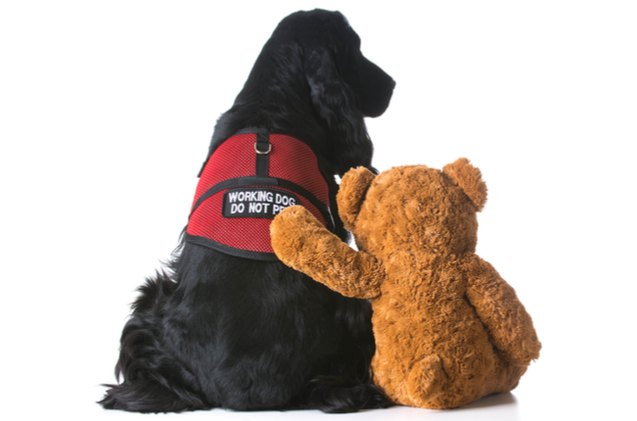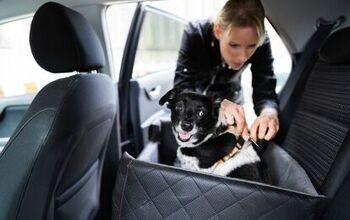Want Your Pet to Be a Therapy Animal? Here’s What It Takes to Be Leg

There’s no doubt that therapy animals offer invaluable service to their human companions. From helping people battle eating disorders, making dentist appointments less scary to assisting shooting survivors to overcome their trauma, the four-legged therapists have their paws full. However, the legitimacy of their extremely beneficial influence is often questioned, mostly due to rise in numbers of fake service dogs.
While all pets have a profound impact on their owner’s life, not all of them qualify to be true therapy animals. Your pooch might be the best thing that’s ever happened to you, but it doesn’t mean you should dress them in a service dog vest and try sneaking them into places that don’t usually allow animals. Apart from being just plain wrong, trying to pass off a pet as a therapy animal can make things harder for people who genuinely need service animals to help them lead independent lives.
But if you’re looking to go legit and think your pet has the potential to make lives of other people better, you should definitely look into certifying your dog as a therapy animal. To obtain the certificate, you’ll have to put your pooch through rigorous training and go through a handler course yourself.
Pet Partners, the largest non-profit to register therapy animals, requires its animal students to be at least one year old, have friendly and affectionate personality, display solid obedience skills, be up to date on their shots and without a history of aggression. And those are just some of the basic prerequisites to get into training to become a volunteer! Handlers are expected to be at least as pawesome as their pets, too- you’d be working as a team, after all.
And it’s not only dog owners and their precious pooches who get the chance to give back. In addition to dogs, Pet Partners certify therapy cats, horses, guinea pigs, rabbits, birds, miniature pigs, rats, llamas, and alpacas. Of course, while the essential requirements remain the same for all therapy animals, some minimal variations are to be expected, as it’s not realistic to expect the same from a pooch and a llama. But, in the end, what matters most is that all therapy animals need to go through proper training before they venture out to make lives better- because, without it, you could actually be making things worse.

A proud mama to seven dogs and ten cats, Angela spends her days writing for her fellow pet parents and pampering her furballs, all of whom are rescues. When she's not gushing over her adorable cats or playing with her dogs, she can be found curled up with a good fantasy book.
More by Angela Vuckovic























